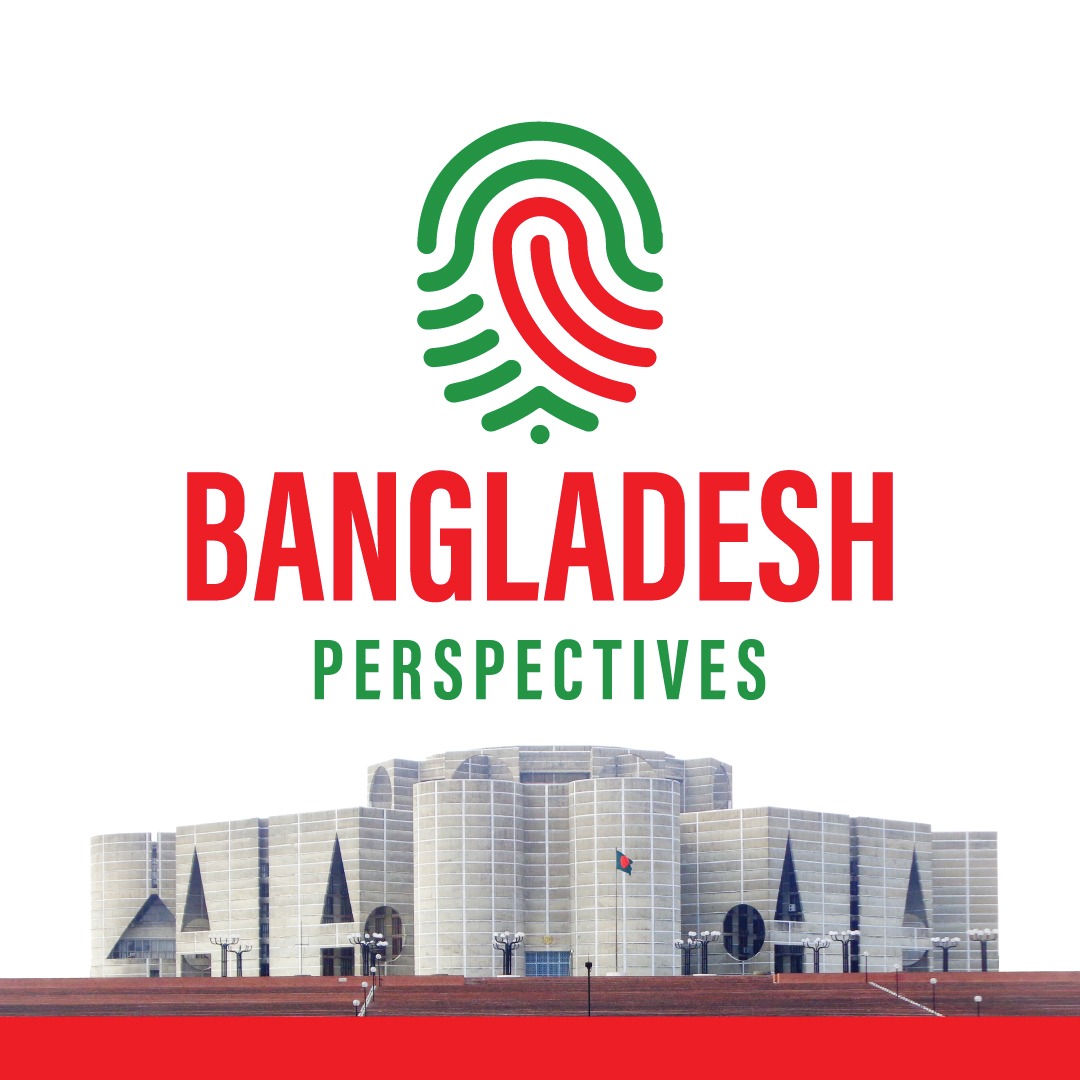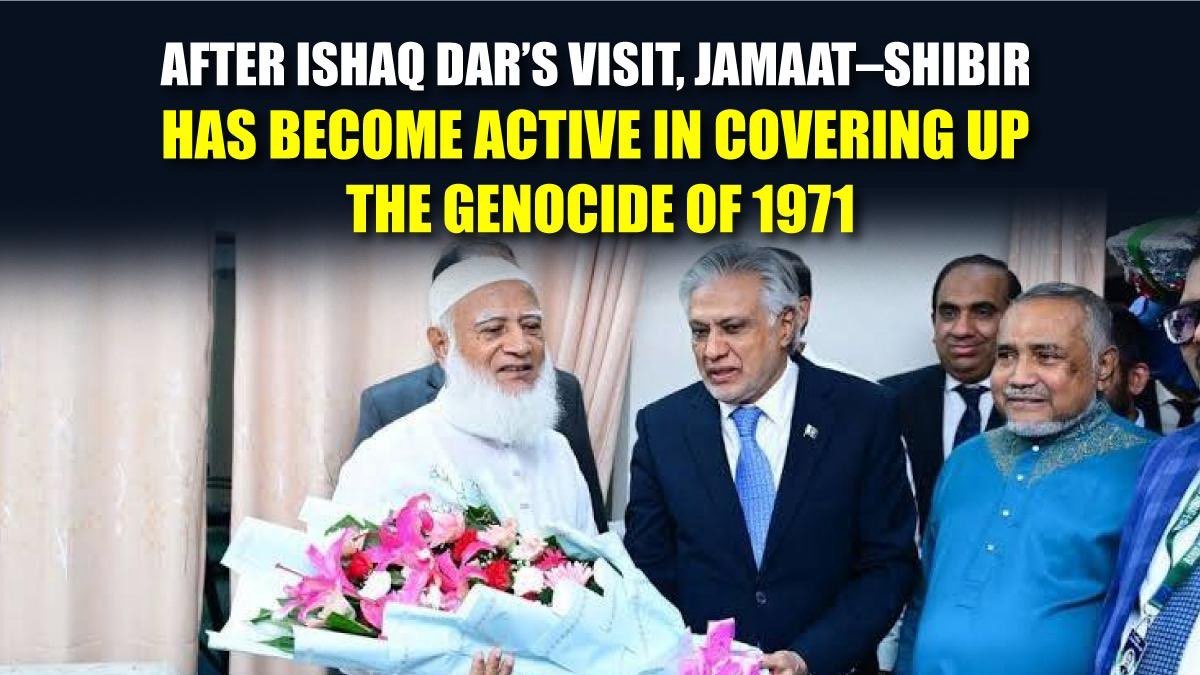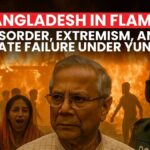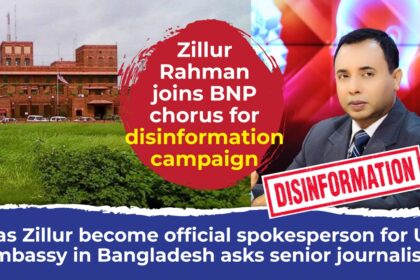The recent Dhaka visit of Pakistan’s Deputy Prime Minister and Foreign Minister Ishaq Dar has sparked a new wave of debate. In response to journalists’ questions during the trip, Dar claimed that the issue of the 1971 genocide had already been “resolved” twice. At the same time, he urged Bangladesh to “forgive wholeheartedly” and move forward by forgetting the past.
However, his remarks triggered widespread criticism on social media and in political circles. While ordinary citizens expressed outrage, allegations have surfaced that following Dar’s visit, Pakistan-aligned parties BNP and Jamaat have become active in trying to conceal Pakistan’s responsibility for the 1971 genocide.
Terrorist attack on a Liberation War discussion
On Thursday (August 28), a roundtable discussion titled “Our Great Liberation War and the Constitution of Bangladesh” was held at Dhaka Reporters’ Unity. Eminent academics, lawyers, and freedom fighters participated, highlighting the spirit of the Liberation War, the supremacy of the Constitution, and the importance of history.
But suddenly, BNP–Jamaat activists armed with sticks and rods stormed the venue. They engaged in scuffles, vandalized the place, and forcibly stopped the event. Shockingly, veteran freedom fighter and Liberation War leader Latif Siddiqui was detained by police instead. The incident has sparked outrage across the country.
Humiliation of freedom fighters and double standards
This is not the first incident. Earlier, on August 5, freedom fighter and BNP Chairperson’s Adviser Advocate Fazlur Rahman was attacked by BNP activists while protesting against Jamaat’s anti-national activities. Later, BNP suspended him from his post for three months—seen by observers as a move to appease Jamaat.
Meanwhile, BNP Secretary General Mirza Fakhrul Islam Alamgir recently took Pakistan’s side during a television talk show. He stated, “No country has ever apologized for genocide.” Critics argue that through this remark he belittled the Liberation War.
Pakistani influence and attempts to re-establish ties
Since the political changes of August 5, signs have emerged of a warming relationship between Bangladesh and Pakistan. Following the visit of Pakistan’s Commerce Minister Jam Kamal Khan, Ishaq Dar arrived in Dhaka. During his stay, he held meetings with BNP Chairperson Khaleda Zia and Jamaat leaders.
Political analysts say Pakistan is attempting to reassert its influence in Bangladesh. History shows that when BNP comes to power, it becomes easier for Pakistan to destabilize India. The infamous 2004 10-truck arms smuggling case also points in that direction.
Pakistani propaganda and Jamaat’s activism
Ahead of Dar’s visit, some Pakistani media outlets published articles describing Bangladesh as still a part of Pakistan. They dismissed the Liberation War as an “Indian conspiracy” and attempted to deny war crimes.
In Bangladesh, Jamaat and its student wing Shibir have also become active. The government’s recent decision to allow Jamaat to hold a rally at Suhrawardy Udyan for the first time sparked controversy. Meanwhile, an exhibition at Dhaka University that attempted to whitewash war criminals was also met with fierce criticism.
Growing concerns and fears of conspiracy
According to political analysts, the renewed activism of Pakistan, Jamaat, and Shibir is a dangerous attempt to undermine the spirit of 1971. The government’s silence is deepening these concerns.
Fifty-four years after independence, fears are growing nationwide that a sinister conspiracy is underway to reshape Bangladesh in the image of Pakistan.





